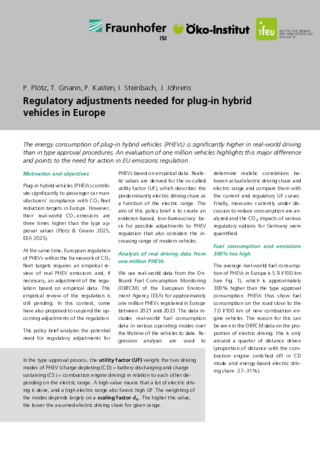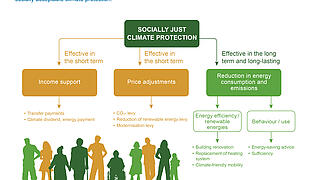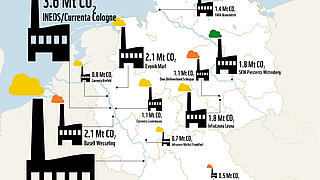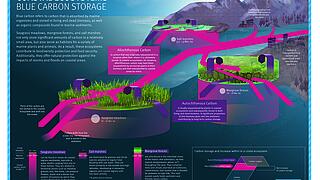Government, regulation, management, coordination – the term “governance” encompasses many different aspects of political activity. Transformative environmental policy seeks to initiate transitions or to ensure that ongoing processes of change are sustainable. An integrated approach which addresses the social and technological dimensions as well as diverse sustainability and policy goals has a key role to play in this context. As transition processes rely on a wide range of skills and capacities from multiple sources and often involve some degree of conflict, it is essential to bring stakeholders together to explore the potential for shared and equitable solutions.
The Oeko-Institut’s researchers investigate success factors and obstacles in transition processes and identify broad-based opportunities and strategies for action on this basis. This includes analysing social resistance and acceptance factors. They also look at possible conflicts and synergies between environmental policy goals and interventions and investigate how they interact with other policy fields. Social objectives and indicators and justice aspects must also be analysed and integrated more effectively into ecological transformations in the interests of a just transition.













